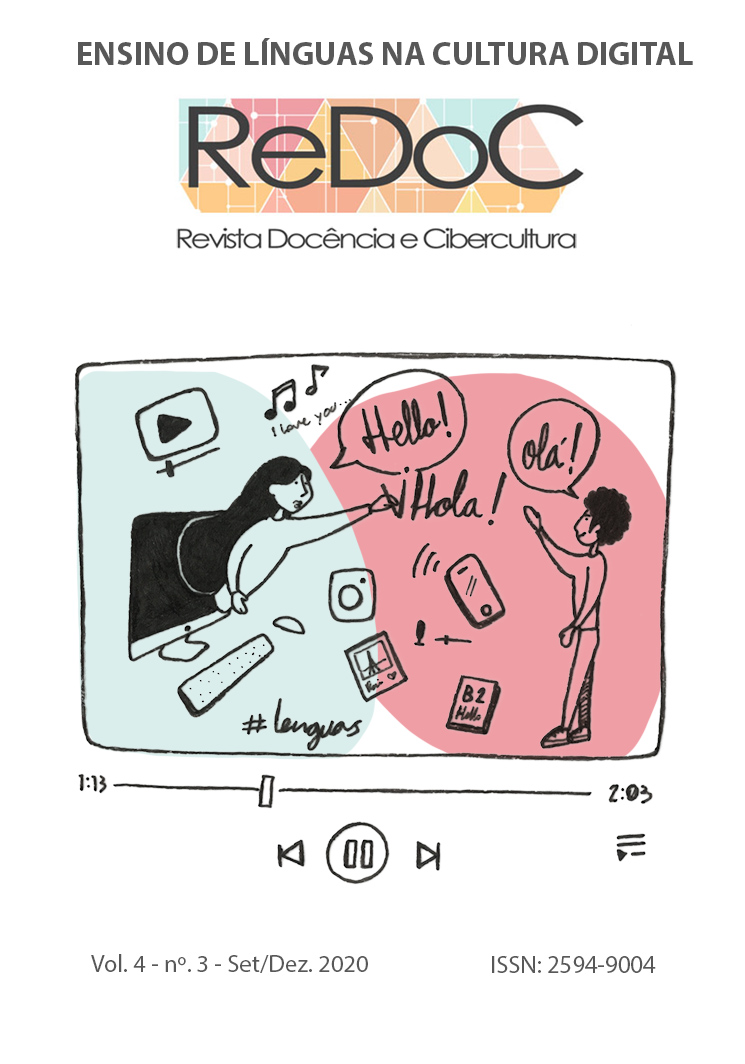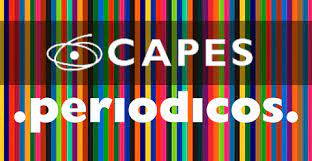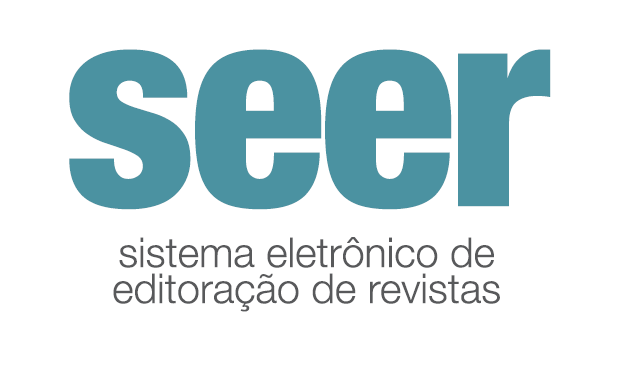REAL AND PERCEIVED AFFORDANCES OF IMMERSIVE VIRTUAL ENVIRONMENTS IN A LANGUAGE TEACHER-TRAINING CONTEXT: EFFECTS ON THE DESIGN OF LEARNING TASKS
DOI:
https://doi.org/10.12957/redoc.2020.56752Palavras-chave:
immersion - language learning - scenarios - virtual realityResumo
Research suggests that Immersive Virtual Environments (IVEs) offer potential solutions to transform experiential immersion into language competence and knowledge. Instead of accepting the theoretical considerations at face-value, the present study questions the sometimes superficial infatuation with IVEs by proposing a hands-on teacher-training classroom experiment. 18 teacher-participants enrolled at a Master’s teacher training course for pre- and in-service English and Spanish teachers propose teaching scenarios that integrate IVEs in language tasks. In order to understand how future language teachers make use of this novel technology at hand, the researchers question how the “real” affordances of IVEs (extracted from our literature review) are perceived by the teacher-participants. A mixed analysis of eleven learning scenarios reveal utilization schemes that demonstrate how IVEs are “instrumentalized” (RABARDEL, 1995) for use and perceived by participant-teachers as a potential support for language and culture learning. The results open the floor for questions that discuss whether IVEs are indeed a complementary resource among other authentic resources used in the classroom and whether they lead to a renewal of language learning practices.
Downloads
Publicado
Como Citar
Edição
Seção
Licença
Autores que publicam nesta revista concordam com os seguintes termos:- Autores mantém os direitos autorais e concedem à revista o direito de primeira publicação, com o trabalho simultaneamente licenciado sob a Creative Commons Attribution License que permitindo o compartilhamento do trabalho com reconhecimento da autoria do trabalho e publicação inicial nesta revista.
- Autores têm autorização para assumir contratos adicionais separadamente, para distribuição não-exclusiva da versão do trabalho publicada nesta revista (ex.: publicar em repositório institucional ou como capítulo de livro), com reconhecimento de autoria e publicação inicial nesta revista.
- Autores têm permissão e são estimulados a publicar e distribuir seu trabalho online (ex.: em repositórios institucionais ou na sua página pessoal) a qualquer ponto antes ou durante o processo editorial, já que isso pode gerar alterações produtivas, bem como aumentar o impacto e a citação do trabalho publicado (Veja O Efeito do Acesso Livre).



















